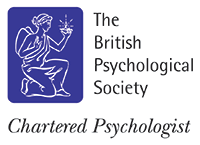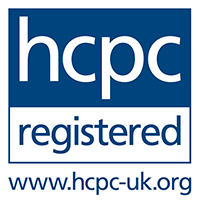What should an Educational Psychology report cover?
Once an Educational Psychologist has completed their assessment they will normally produce a comprehensive report giving an overview of a child or young person’s strengths and weaknesses. This can give recommendations for strategies, additional materials and advice on suitable school types to meet need.
Examples of areas that an Educational Psychologist’s report may cover includes:
Assessment
- Sources of information
- Views of the child or young person
- Views of parent(s) or carer(s) and school staff
- Background information
- Input from other professionals
- Developmental assessment, including factors such as Communication, Cognition, Social, Emotional and Mental Health, Sensory and/or Physical needs
Outcomes
- Short term aspirations & expected outcomes
- Long term aspirations & expected outcomes
Educational Facilities & Resources
- Curriculum needs
- Approaches to teaching & learning
- Support to access the curriculum
The EP may also recommend a referral to other professionals such as a speech and language therapist, occupational therapist, optometrist or a paediatrician, as well as sources of help such as the child and family consultation services. The more information available, the better the help that can be obtained.




